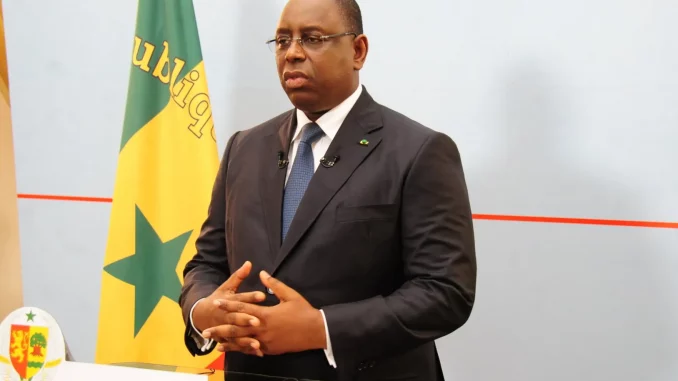
Senegal’s government announced a new date, March 24, for the delayed presidential election after President Macky Sall’s earlier decision to postpone it by 10 months sparked opposition protests and Constitutional Council intervention.
The president, ineligible for re-election due to term limits, cited controversies over the candidate list as a reason for the delay, emphasizing the need for stability. The Council of Ministers also revealed the government’s dissolution and the appointment of a new prime minister, Sidiki Kaba, replacing Amadou Ba.
Despite proposals from civic, political, and religious leaders for a June 2 election, the Constitutional Council rejected the idea. With less than three weeks until the vote, concerns persist over a smooth transition as President Sall plans to step down by April 2. The opposition labeled the delay a “constitutional coup,” alleging Sall’s bid to extend his tenure, a claim he refuted in an interview with The Associated Press.
Senegal’s reputation for democratic stability faces scrutiny amid regional challenges, signaling a potential democratic decline in West Africa, traditionally viewed as a democratic stronghold.
